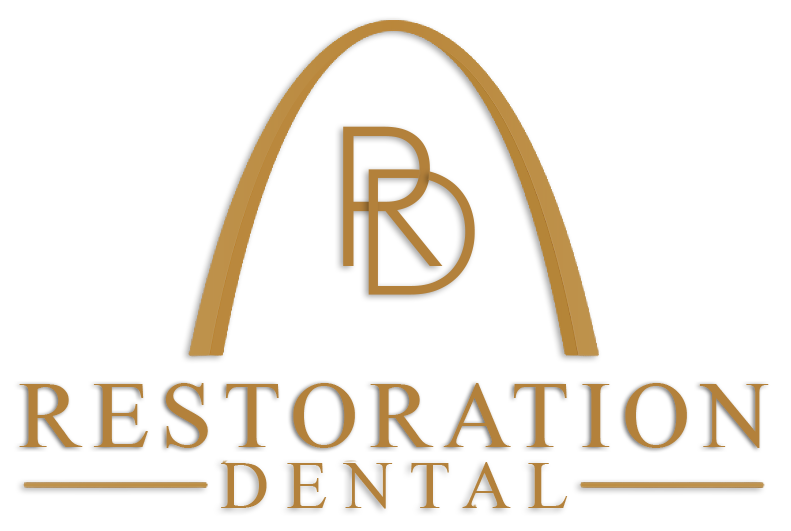The Future of Dental Care
Over the past few decades, technological advancements have had a tremendous impact on the healthcare industry and the quality of care to patients at Restoration Dental in St. Louis. This is especially true for dental applications. One of the most exciting advancements in dental diagnostic technology is the development of 3D dental imaging, which has made dental examinations, diagnoses, and care much faster and more effective for us at Restoration Dental.
What Is 3D Imaging?
3D imaging is essentially a series of pictures that are taken to create a 3D model or image. Currently, the most exciting kind of 3D imaging that is used at Restoration Dental is “Cone Beam Computed Tomography.” Our dentists employ a CBCT machine to take pictures of your teeth and jaw, and then they construct a 3D image to create a realistic view of your mouth to diagnose problems and determine the next step in your treatment.
Cone Beam Computed Tomography Technology
Cone-beam computed tomography is an imaging technique that provides a three-dimensional view by rotating around the patient and capturing images using a cone-shaped X-ray beam to see the underlying teeth and bone structure. A CBCT scan provides critical information for clinical applications such as dental implants, cleft palate assessment, visualization of abnormal teeth, and cavity and root canal diagnosis.
Which Are the Most Common Clinical Applications?
The most common applications for 3D imaging are surgery, orthodontic concerns, and implants.
Surgery
Oral surgery applications are complex cosmetic or reconstructive treatments and include implants, bone grafts, root canals, inlays and onlays, and crowns and veneers. 3D imaging can help to extend the life of your teeth and improve the quality of your implants and crowns.
Orthodontic
3D imaging is crucial for orthodontists in correcting misalignments of the teeth and jaw, as it provides additional data about skeletal and dental conditions, soft tissues, and airway obstruction, along with their interrelationships.
Implants
Implants replace tooth roots with metal, screw-like posts and replace missing teeth with artificial teeth. 3D imaging provides data for the correct placement of the implants.
What Are the Benefits of 3D Imaging?
The primary benefit of 3D imaging is that it allows Restoration Dental to support patients with a high level of care and provides critical information that isn’t available with traditional X-rays. Additional benefits include:
- Viewing dental anatomy from different angles. 3D scans can provide a better view of bone structures and the ability to measure them more accurately.
- Creating flexibility. 3D scans support a wide range of diagnoses and treatment planning.
- Increasing the possibility of treatment success. 3D scans help us detect problems and create a higher level of confidence in planning treatments.
- Improving the dental visit experience. The use of dental imaging technology increases the dentist’s confidence and the procedure’s success rate.
3D imaging is proving to be the future of dental diagnostics, as it holds advantages for both dentists and patients and improves the quality of dental care in St. Louis.
More Conversation about 3D Imaging
Call our office today to learn more about 3D imaging and how it helps us gain precise insights and better care for our patients.

